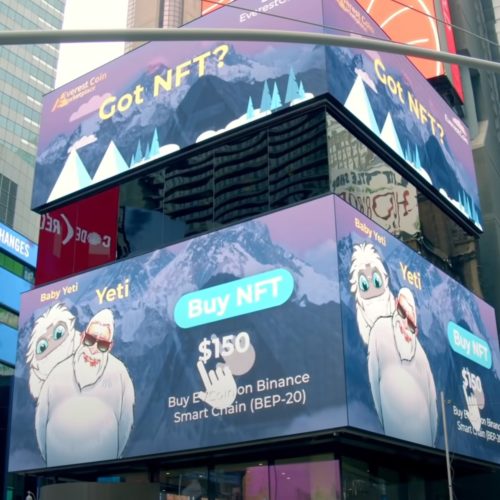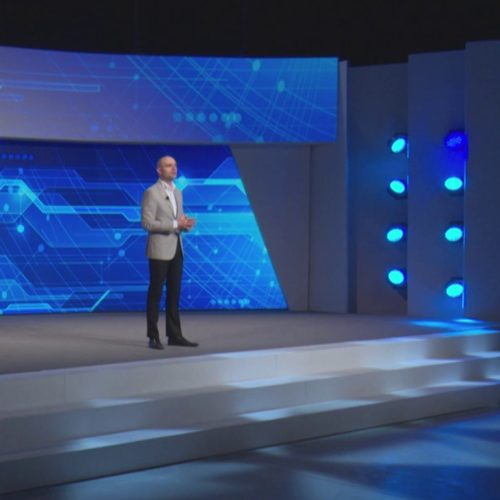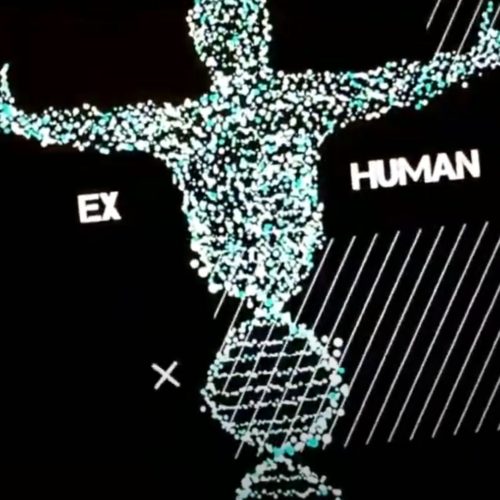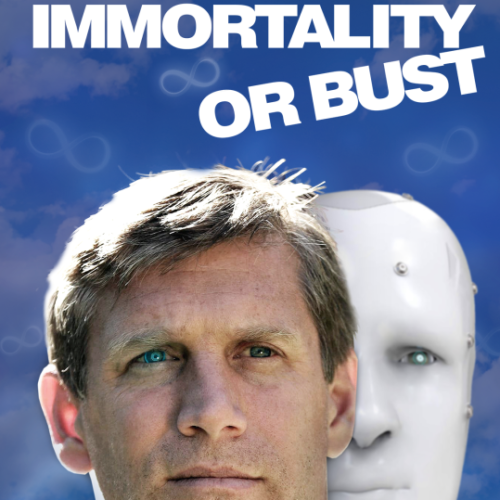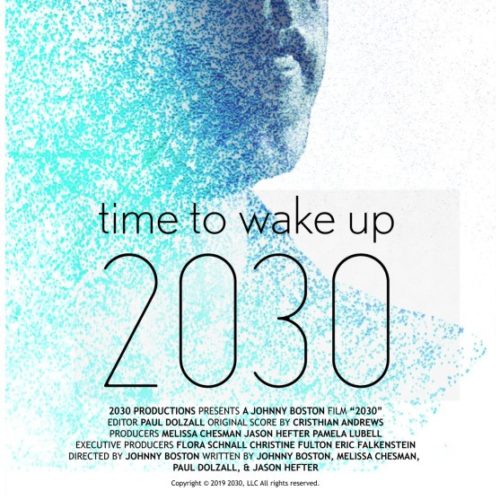Does Technology Make Us Smart or Stupid?
Socrates / Op Ed
Posted on: February 22, 2010 / Last Modified: February 22, 2010
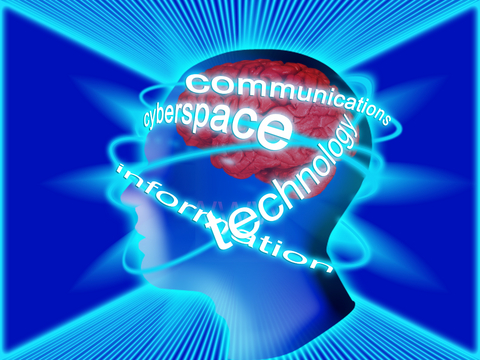
Technology often divides us into techno-optimists and techno-skeptics.
The optimists, as exemplified by a recent Reuters news article, believe for example that the Internet will make us smarter and that technology has an overwhelmingly positive effect on the human species. After all, ever since our Cro-Magnon fore-fathers left the caves it has been technology which has provided not only our food and shelter but almost everything else above and beyond — from the iPod in your pocket to the International Space Station (ISS) in orbit. It allows us to travel vast distances in short periods of time, to communicate instantaneously across continents and to live on average 3 times longer than the ancient Greeks.
It is hard to deny that technology makes our lives easier, more comfortable and more pleasant.
But does technology make us smart or stupid?
Is it, overall, a good or a bad thing?
Ease, comfort and pleasure are often the enemies of any kind of accomplishment, intellectual or otherwise. After all, to accomplish anything worthwhile we have to get out of our comfort zone, endure short or even long-term pain, and choose to do what is hard rather than what is easy. How could anything which makes the hard become easy make us smart or be beneficial?
Techno-pessimists, for example, often quote some (or all) of the following reasons as to why technology is a bad thing: Weapons of Mass Destruction; Global Warming; the loss of natural habitat and biodiversity; the alleged decline of direct human-to-human communication; the supposed prevalence of Attention Deficit Disorder in the younger generation as attested by their twit-like style of communicating, learning and creating; the decline of the family as the basic unit of society…
A recent PBS Frontline documentary called Digital Nation examined many of the pros and cons of technology. After traveling across the world and interviewing people from both the pessimist and the optimist camps Douglas Rushkoff concluded that he remains a techno-optimist.
This is also how I feel.
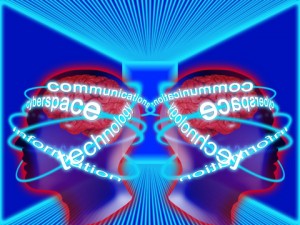
Technology is neither good nor bad.
But it is very, very powerful.
It is a tool that shapes not only our world but ourselves.
It is a reflection of who we are and what we aspire to be.
It strikes at the heart of the ancient questions:
Who am I? What does it mean to be human? Where am I coming from and where am I going?
[…]
There were probably people who complained when we left the caves.
There were certainly people who complained when we invented the the first machines, moved on from horses to cars, started using antibiotics and embraced the Internet, Google and Facebook.
Without any doubt, at each step of the way, during each technological transformation, be it the Industrial or the Internet Revolution, there are things that are lost forever. But while some things are lost others are gained. The challenge, therefore, is to direct technological progress towards a greater net-benefit and for as long as I believe that we are doing it I will remain an optimist.
It is up to us, both as individuals and as a species, to decide whether technology makes us smart or stupid, bad or good, break new boundaries or spend our lives as couch-potatoes glued to the TV…
Ultimately, to be an optimist about technology is to be an optimist about the human species.
I am Nikola and this blog documents my journey to discover who I am as a being, who we are as a species, and, most of all, how does technology change the meaning of both the above questions and answers.
I am an optimist.
I am a singularitarian.
I am a philosopher and a searcher.
But who are you?
What do you think and feel about humanity?
Are we smart or stupid?
Are we good or bad?
Is it technology that makes us such, or is it us who give any positive or negative meaning to it?



